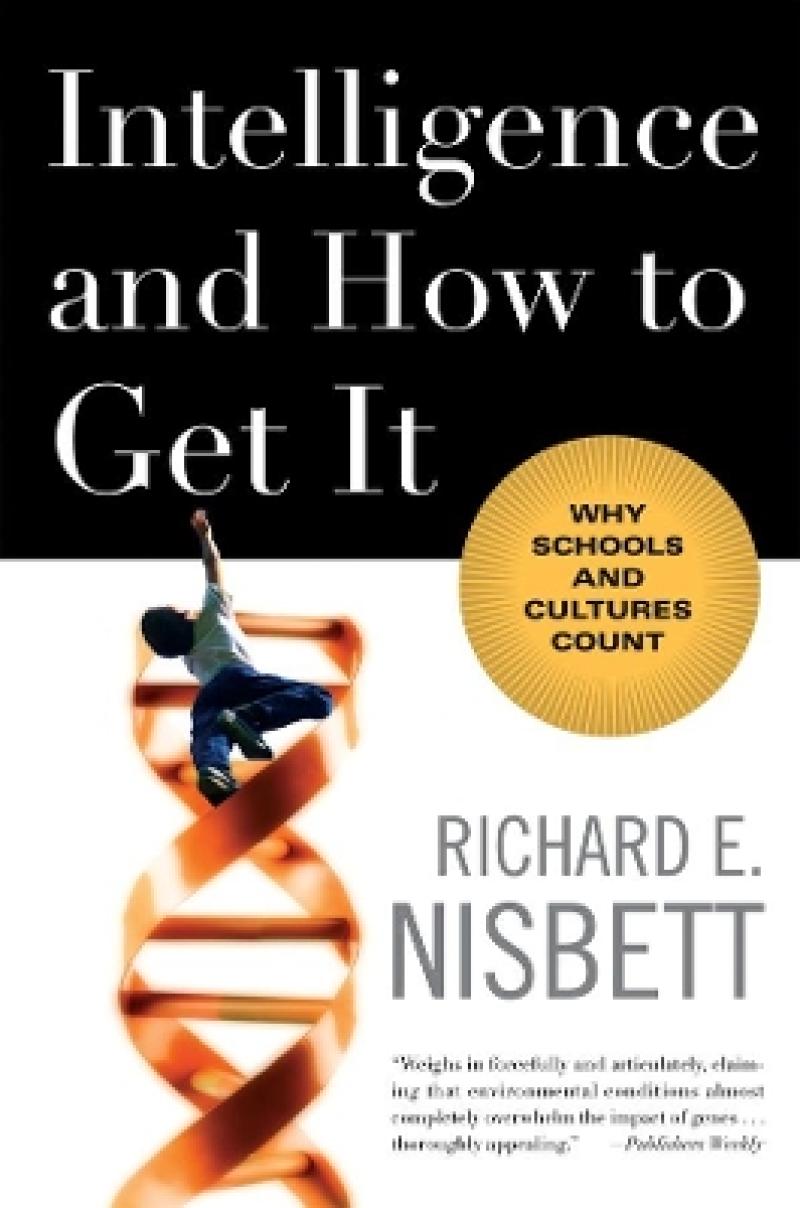Who are smarter, Asians or Westerners? Are there genetic explanations for group differences in test scores? From the damning research of The Bell Curve to the more recent controversy surrounding geneticist James Watson’s statements, one factor has been consistently left out of the equation: culture. In the tradition of Stephen Jay Gould’s The Mismeasure of Man, world-class social psychologist Richard E. Nisbett takes on the idea of intelligence as biologically determined and impervious to culture with vast implications for the role of education as it relates to social and economic development. Intelligence and How to Get It asserts that intellect is not primarily genetic but is principally determined by societal influences.
Les mer
“[Nisbett] weighs in forcefully and articulately . . . [using] a thoroughly appealing style to engage . . . throughout.”—Publishers Weekly
"Nisbett argues that a variety of social, cultural, and economic factors can significantly affect a child’s IQ, and suggests ways to improve intelligence scores, as well as grades, by manipulating those factors."
Les mer
Produktdetaljer
ISBN
9780393337693
Publisert
2010-03-19
Utgiver
Vendor
Ww Norton & Co
Vekt
328 gr
Høyde
211 mm
Bredde
140 mm
Dybde
20 mm
Aldersnivå
G, 01
Språk
Product language
Engelsk
Format
Product format
Heftet
Antall sider
320
Forfatter
